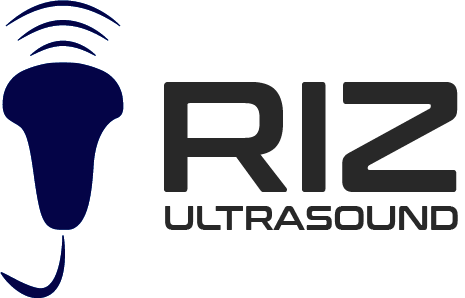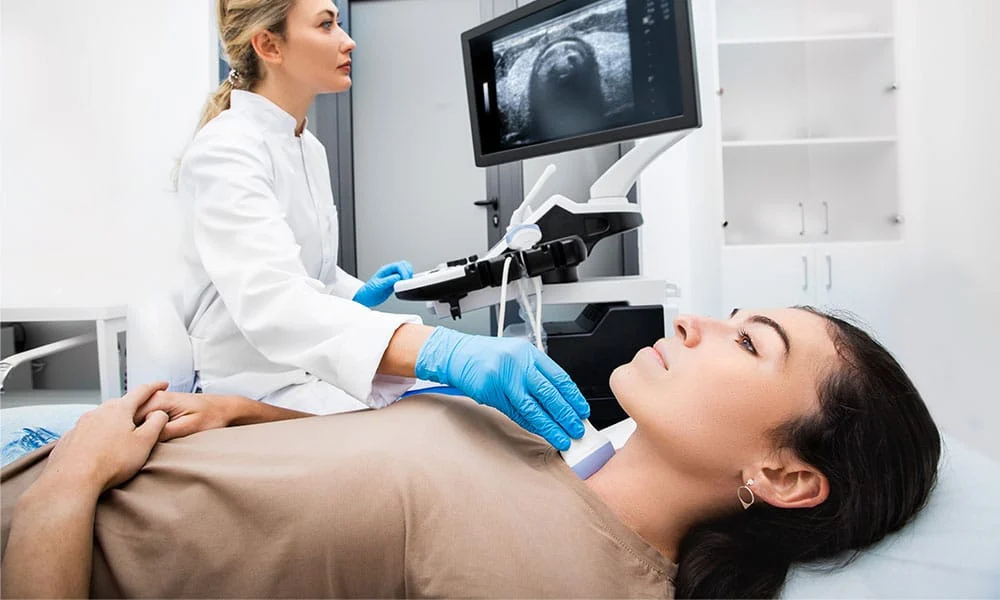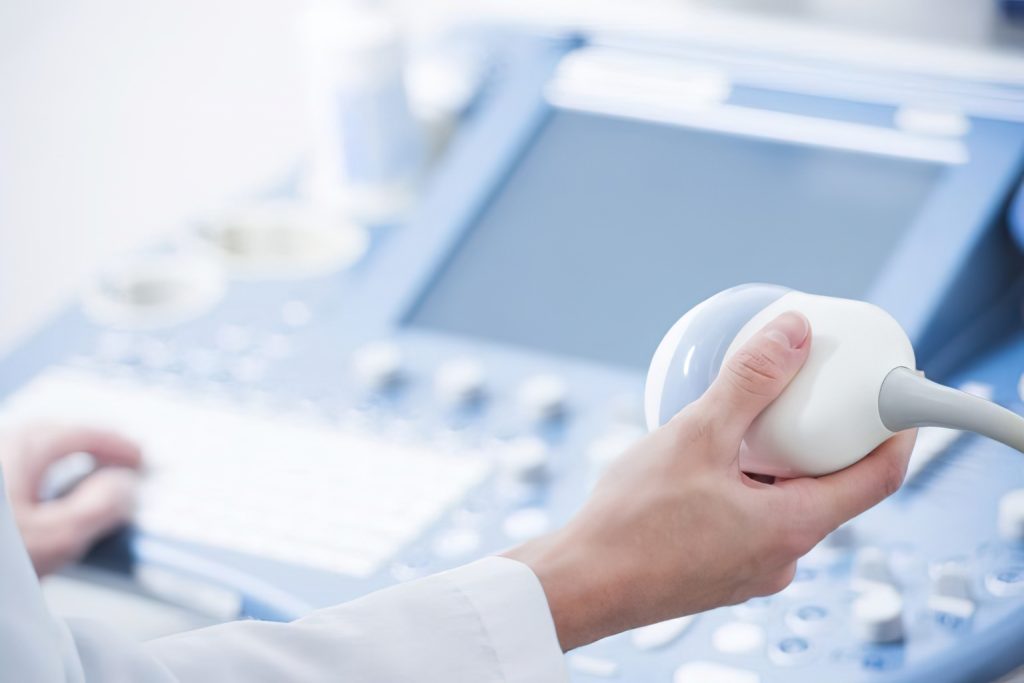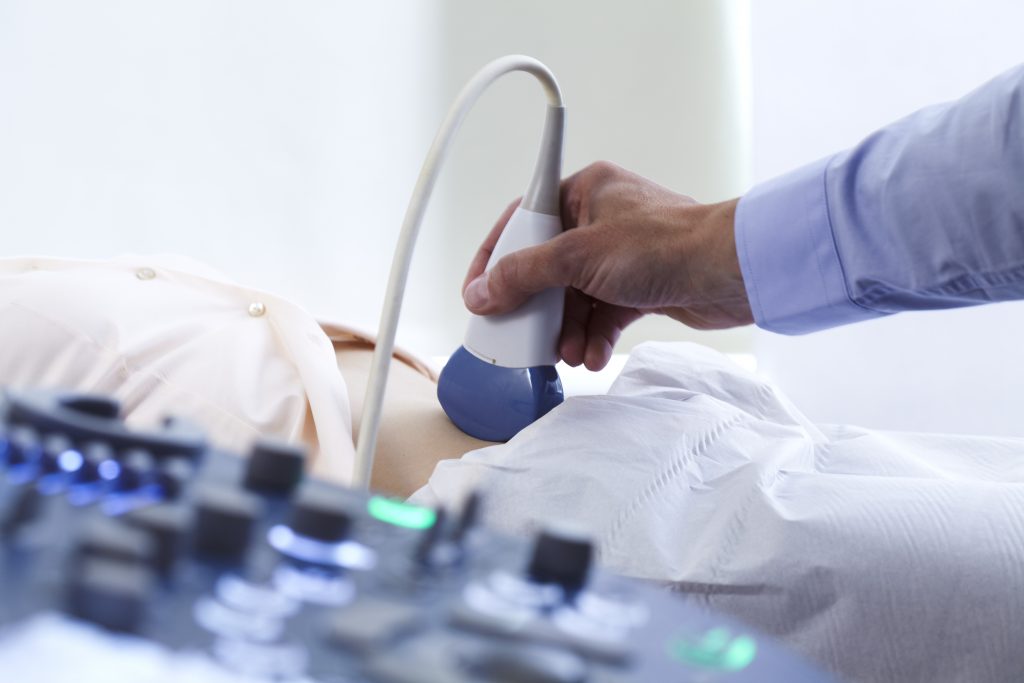The thyroid is an essential organ of your body. It produces too many hormones or not enough. When the thyroid produces too many hormones, it is known as hyperthyroidism. When the thyroid does not produce enough hormones, it is called hypothyroidism. Improper thyroid function can lead to multiple diseases and conditions, such as thyroid nodules, Hashimoto’s thyroiditis, thyroid cancer, goiter, etc. The thyroid is a butterfly-shaped gland, and it is located at the neck base below the throat center. It is considered a part of an intricate network of glands, which is known as the endocrine system. To diagnose the cause, Thyroid Ultrasound is an effective technique that helps to see the structure.
This article will help you learn about thyroid diseases, causes, diagnosis, and treatment.
What are the Types and Causes of Thyroid Diseases?
When the thyroid does not function properly, it can lead to multiple health conditions and diseases. Overproducing or underproducing hormones can bring on multiple symptoms that range from mild to severe. These signs and symptoms include weight gain, weight loss, fatigue, irritability, etc. The common thyroid problems are:
Hashimoto’s Thyroiditis
Hashimoto’s thyroiditis is also referred to as chronic lymphocytic thyroiditis. The causing factor of this condition is hypothyroidism, which can develop at any age, but women in middle age are at risk. It happens when the immune system mistakenly attacks your thyroid gland and affects its ability to produce hormones. It can cause mild weight gain, dry skin, puffy face, intolerance to colds, depression, constipation, enlarged thyroid, etc.
Goiter
It is a noncancerous enlargement of the thyroid gland. Iodine deficiency in your diet plan can cause goiter. It can occur at any age but affects people in the areas where there is food with no iodine. Some other conditions can also cause goiter, such as thyroiditis, congenital hypothyroidism, pituitary gland tumors, etc. It brings on multiple symptoms, including a hoarse voice, swelling in your neck, coughing, and difficulty breathing. A thyroid ultrasound helps in the diagnosis of potential diseases. It helps to detect swelling or nodules. The treatment plan depends on the causing factor. If the cause is hyperthyroidism, then its treatment can help to reduce the appearance of its symptoms.
Thyroid Nodules
The growths in or on your thyroid gland are known as thyroid nodules. Women are more likely to develop thyroid nodules as compared to men. Sometimes, the causes are not known, but also consider iodine deficiency and Hashimoto’s thyroiditis. You may not notice any symptoms until it grows large enough. It may cause multiple symptoms, such as nervousness, shaking, clammy skin, high pulse rate, and increased appetite.
To diagnose the thyroid nodules, your doctor may perform a thyroid ultrasound. It helps to see the size, site, and the number of nodules.
How Thyroid Ultrasound is Performed?
When doctors suspect the thyroid condition by symptoms, they recommend a thyroid ultrasound to diagnose the potential causes. A technician applies water-soluble gel on your neck to prevent the air. A probe is used to send the sound waves inside your skin. The gel allows you to move the probe in any direction. Make sure you remove your jewelry when going for an ultrasound.
A thyroid ultrasound helps to detect underactive and overactive thyroid glands. It also evaluates the size, location, and growth of the nodules. Sonography is considered a first-line diagnostic procedure. It is also used to perform biopsies. Performing a thyroid ultrasound can diagnose cysts or tumors, which may be responsible for impaired thyroid function. A thyroid ultrasound provides rough estimate of tissue density, shows vascular flow and velocity, and estimation of thyroid size, according to NCBI.
The Bottom Line
An underactive or overactive thyroid is responsible for multiple diseases. Some symptoms can indicate that you may need medical help. A thyroid ultrasound is an effective diagnostic procedure that provides the details of the thyroid glands and detects any abnormal function. Most of the time, thyroid conditions are not harmful or may need no treatment at first. Hyperthyroidism and hypothyroidism are conditions that can lead to multiple health issues. RIZ Ultrasound offers services of Private Thyroid Ultrasound in Glasgow using advanced technology. You can book your appointment anytime, and our professionals will help you get accurate diagnostic results.







